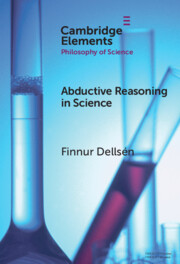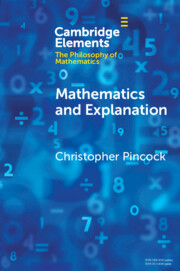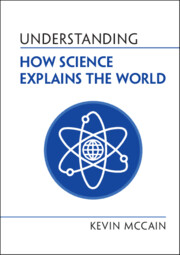Although the inferring of explanations plays an important role in both our everyday lives and in the workings of science, I argue that inference to the best explanation as it is commonly conceived is often not the best way to capture this sort of reasoning. I suggest that a different form of reasoning – so-called immediate explanatory inference – is instead often much better suited to this task. This is a form of inference in which we are justified in believing explanations for the evidence before us purely in virtue of this evidence, and not in virtue of the evidence plus some general principle or rule of non-deductive reasoning. I defend the idea of such a notion of inference, and argue that it plays a central role in both ordinary life and science.


